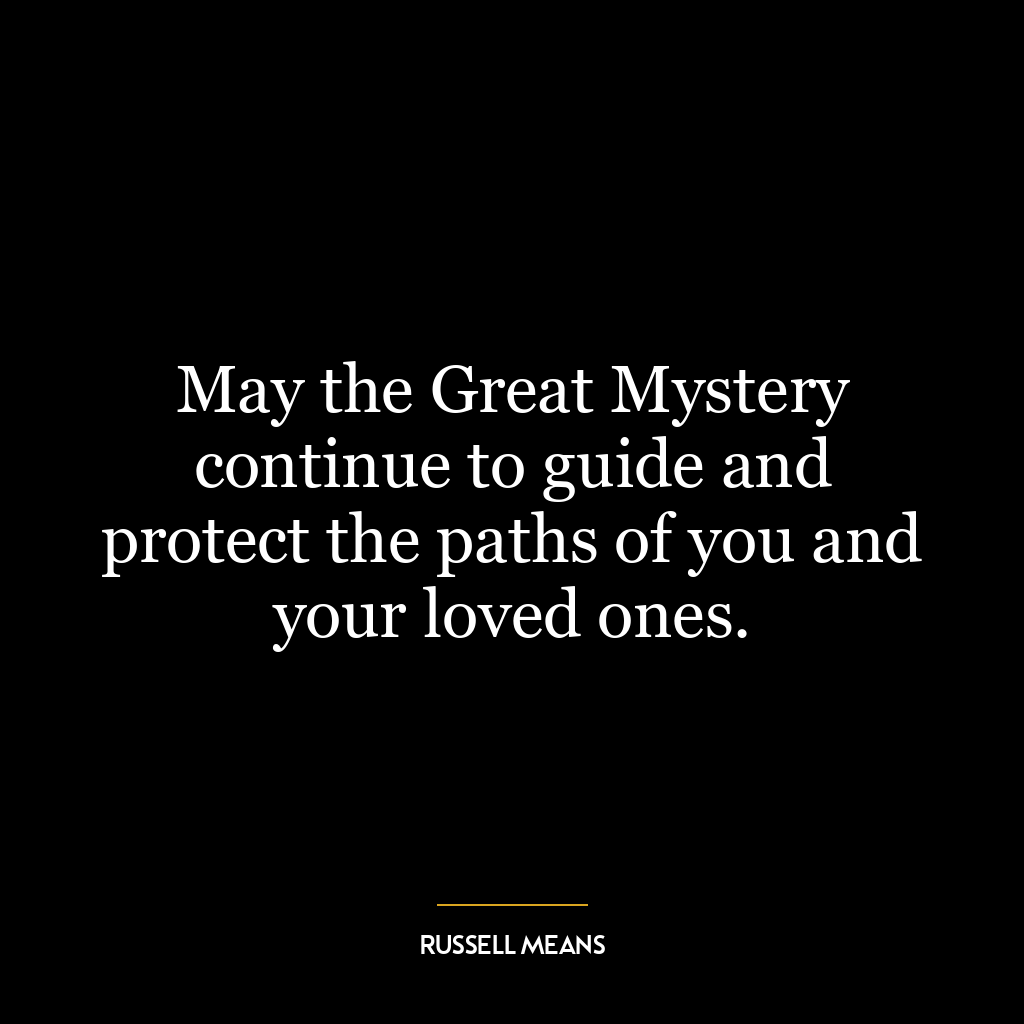
Russell Means Quotes
- Activist
- USA
- 1939
Russell Means was a prominent Native American activist, actor, and writer. He was born on the Pine Ridge Indian Reservation in South Dakota in 1939 and grew up in a traditional Lakota Sioux family. Means became a leader in the American Indian Movement (AIM) in the 1970s, advocating for the rights an…Read More
Russell Means was a prominent Native American activist, actor, and writer. He was born on the Pine Ridge Indian Reservation in South Dakota in 1939 and grew up in a traditional Lakota Sioux family. Means became a leader in the American Indian Movement (AIM) in the 1970s, advocating for the rights and sovereignty of Native American tribes. He participated in numerous protests and demonstrations, including the occupation of Wounded Knee in 1973.In addition to his activism, Means was also a talented actor, appearing in films such as “The Last of the Mohicans” and “Natural Born Killers.” He also wrote several books, including his autobiography “Where White Men Fear to Tread” and “If You’ve Forgotten the Names of the Clouds, You’ve Lost Your Way: An Introduction to American Indian Thought and Culture.”Throughout his life, Means remained a vocal and passionate advocate for Native American rights and cultural preservation. He passed away in 2012, leaving behind a legacy of activism and artistic contributions that continue to inspire and educate others.Read Less
Russell Means was a prominent Native American activist, actor, and writer. He was born on the Pine Ridge Indian Reservation in South Dakota in 1939 and grew up in a traditional Lakota Sioux family. Means became a leader in the American Indian Movement (AIM) in the 1970s, advocating for the rights and sovereignty of Native American tribes. He participated in numerous protests and demonstrations, including the occupation of Wounded Knee in 1973.In addition to his activism, Means was also a talented actor, appearing in films such as “The Last of the Mohicans” and “Natural Born Killers.” He also wrote several books, including his autobiography “Where White Men Fear to Tread” and “If You’ve Forgotten the Names of the Clouds, You’ve Lost Your Way: An Introduction to American Indian Thought and Culture.”Throughout his life, Means remained a vocal and passionate advocate for Native American rights and cultural preservation. He passed away in 2012, leaving behind a legacy of activism and artistic contributions that continue to inspire and educate others.
5 Insightful Russell Means Quotes





Russell Means Career Highlights
- In 1968, Means became the first national director of the American Indian Movement (AIM), a grassroots organization that aimed to address the issues faced by Native Americans, including poverty, discrimination, and land rights.
- In 1972, Means led a group of AIM activists in the occupation of the Bureau of Indian Affairs (BIA) headquarters in Washington D.C., to protest against the government’s policies towards Native Americans.
- In 1973, Means and AIM members occupied the town of Wounded Knee, South Dakota, for 71 days to protest against the government’s failure to honor treaties and address the grievances of the Oglala Lakota people.
- Means was a key figure in the 1978 Longest Walk, a cross-country protest march from San Francisco to Washington D.C., to raise awareness about the effects of government policies on Native American communities.
- In 1988, Means ran for the presidency of the Oglala Sioux Tribe, but lost by a narrow margin. He later served as the vice-president of the tribe from 1996 to 1999.
- Means was also a prolific actor, appearing in over 30 films and television shows, including “The Last of the Mohicans” and “Natural Born Killers.”
- In 1995, Means released his first album, “Electric Warrior,” which combined traditional Native American music with rock and roll.
Key Contributions by Russell Means
- Means was a vocal and fearless advocate for Native American rights, using his platform as a leader of AIM to bring attention to the injustices faced by indigenous communities.
- He played a crucial role in the passage of the Indian Self-Determination and Education Assistance Act in 1975, which gave Native American tribes more control over their own affairs.
- Means also fought against the exploitation of Native American lands and resources, particularly in the Black Hills of South Dakota, which are considered sacred by the Lakota people.
- He was a strong proponent of traditional Native American culture and spirituality, and worked to preserve and promote these traditions through his music and activism.
What Sets Russell Means Apart
- Means was a charismatic and influential leader, known for his powerful speeches and unwavering dedication to the cause of Native American rights.
- He was not afraid to use controversial and confrontational tactics to bring attention to the issues faced by indigenous communities, often putting himself at great personal risk.
- Means was also a skilled negotiator and diplomat, working with government officials and other organizations to advance the rights of Native Americans.
Takeaways
- Russell Means was a trailblazer in the fight for Native American rights, and his contributions continue to inspire and influence activists today.
- He showed the power of grassroots organizing and the importance of standing up for one’s beliefs, even in the face of adversity.
- Means also highlighted the ongoing struggles faced by Native American communities, and the need for continued advocacy and support for their rights and sovereignty.





